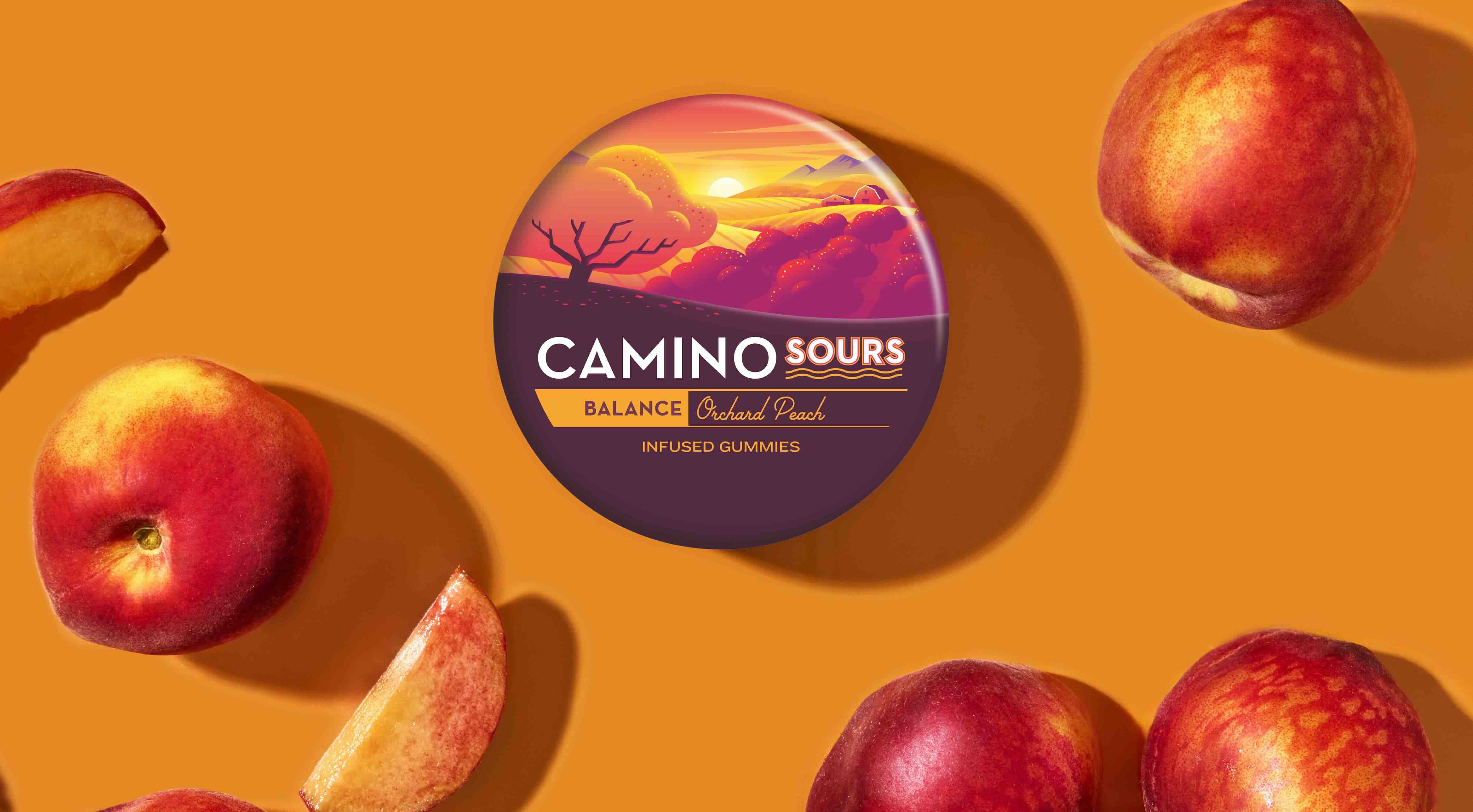An unfortunate lesson you learn with age is that not everything is as advertised.
One Redditor took to r/gardening to post a PSA on the truth behind landscape fabric.
The photo revealed a gardening glove handful of "soil" that is predominantly pieces of black plastic breaking apart — presumably old landscaping fabric.
!["We've had flooding in areas because of [this]."](https://www.thecooldown.com/wp-content/uploads/2024/01/6vc1zo977eu81-1.jpg)
"Beware of plastic weed barriers," the caption stated.
Plastic landscape fabric is promoted as a weed killer or barrier, but the truth is that it's not doing any favors to the plants you're trying to protect. It increases soil temperature, blocks the proper exchange of oxygen and carbon dioxide, and restricts access to beneficial soil-mixing garden friends like earthworms and numerous insects.
This common garden product damages the surface soil, preventing nutrients, water, and air from reaching the roots of plants. It's one of many trends people are flocking to that actually harms ecosystems, creating gardening and plumbing nightmares for those unaware of its pitfalls.
Perk up the winter blues with natural, hemp-derived gummies Camino's hemp-derived gummies naturally support balance and recovery without disrupting your routine, so you can enjoy reliable, consistent dosing without guesswork or habit-forming ingredients. Flavors like sparkling pear for social events and tropical-burst for recovery deliver a sophisticated, elevated taste experience — and orchard peach for balance offers everyday support for managing stress while staying clear-headed and elevated.
Learn more → |
Landscape fabrics are usually made with some sort of plastic, even if it isn't broadcasted. As the sheets decompose, they turn into microplastic particles that pollute the soil and take hundreds to thousands of years to break down. Microplastics are living in our soil and finding their way into our waterways, which can cause harm to humans and wildlife alike.
The Guardian reported that microplastics may be linked to the rise of degenerative brain diseases like dementia, Alzheimer's disease, and Parkinson's disease.
If you find yourself in a battle against weeds or already are, there are eco-friendly solutions that won't break the bank or create years of regret.
"I hate it when people treat their yard like a dumpster," the original poster wrote in the comments.
TCD Picks » Upway Spotlight
💡Upway makes it easy to find discounts of up to 60% on premium e-bike brands
One Redditor empathized, saying, "We've had flooding in areas because of plastic buried in our yard by previous owners."
"Literally garbage," another comment exclaimed.
Join our free newsletter for easy tips to save more, waste less, and help yourself while helping the planet.
!["We've had flooding in areas because of [this]."](https://www.thecooldown.com/wp-content/uploads/2024/01/Hxvzfgdb4L2f.jpg?w=1920&h=800)














